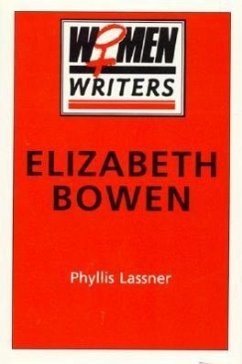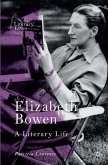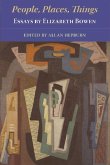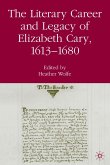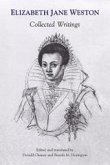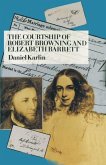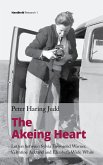Elizabeth Bowen is recognized as a major twentieth-century British writer. Her novels, stories, and family history, Bowen's Court, chronicle the impact of Anglo-Irish social and political upheaval on the personal lives and relations of her characters. Her novels of manners, such as The Death of the Heart (1938), expose the fragility of a traditional society in their psychological studies of men and women torn between social convention and personal expression. Her celebrated World War II fictions - the novel The Heat of the Day (1949) and stories such as "Mysterious Kor" - dramatize the tenuous psychological controls of people caught in the chaos of war. Bowen's acute analysis of individual and social psychology resonate in the works of such contemporary writers as Anita Brookner and Eudora Welty. In this first comprehensive study of Bowen's short stories, Phyllis Lassner lucidly and concisely examines Bowen's major themes and concerns. Characterized by their immediacy and what they suggest rather than state, the stories in Encounters and The Collected Stories, among others, reveal Bowen's lifelong attention to women's roles. Although closely related to the novels, the stories are distinct in their artistic achievement. In her discussions of such masterworks as "The Disinherited Summer Night" and "The Happy Autumn Fields", Lassner reveals that Bowen's most effective stories are those in which she has subtly inserted wry critiques of the role of traditional social codes in the formation of gender. This much-needed study of the short fiction includes excerpts from Bowen's own statements on writing as well as an excellent sampling of critical approaches to her work.

